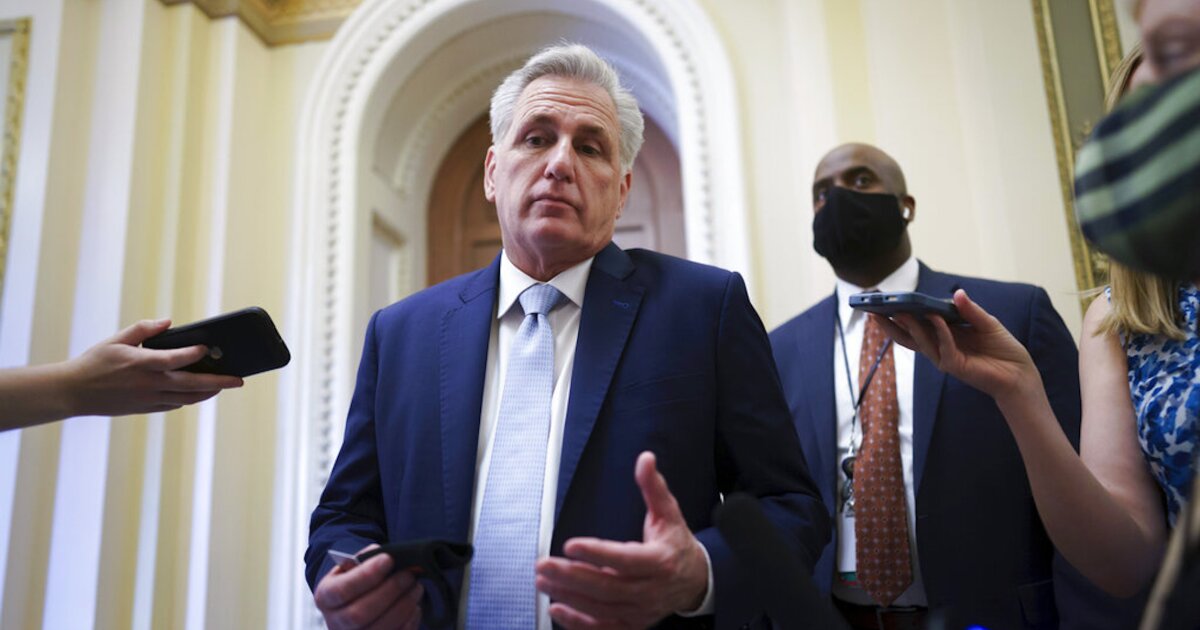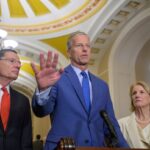

Provisions in the House rules package for the 118th Congress are poised to undercut fiscal constraints in the budgeting process, a budget hawk group claimed.
Although parts of the package negotiated during Speaker Kevin McCarthy’s (R-CA) tumultuous rise to the gavel impose limits on federal spending, it also likely enables more borrowing to finance tax cuts down the line, the Committee for a Responsible Federal Budget contended.
GOP BILL TO CLAW BACK IRS FUNDING WOULD ADD $114B TO DEFICIT: CBO
“While it is very encouraging that the House rules package would strengthen limits on federal spending, it is not fiscally responsible to be anti-spending if you aren’t also anti-borrowing,” Maya MacGuineas, president of the CRFB, declared in a statement. “The House rules package would permit more borrowing by allowing tax cuts to be added to the debt and by making it more difficult to raise taxes — one of the ways to help reduce the deficit.”
Congress convened Monday to mull the rules package that was used to help win over GOP holdouts who initially bilked at McCarthy’s speakership endeavor. One provision calls for the top-line discretionary budget figure in 2024 not to surpass levels in 2022, risking drastic cuts of up to nearly $75 billion to defense spending, the Wall Street Journal claimed.
Instead, Congress should have imposed “any limits on new spending on top of limits on new borrowing,” MacGuineas insisted. She recalled how Republicans financed the 2017 tax cuts in large part through deficits and warned that the rules reform package leaves the door open to a repeat in the future.
“Aside from the rules package itself, we are encouraged that Members are preparing to focus more on excessive deficits this Congress. However, they must be careful to select achievable fiscal metrics and must work toward accomplishing such fiscal goals without threatening the full faith and credit of the United States,” she added.
CLICK HERE TO READ MORE FROM THE WASHINGTON EXAMINER
Members of the House Freedom Caucus had badgered McCarthy for stronger measures on reining in debt during tense negotiations for his speakership. But Republican plans to claw back funding for the IRS could add over $100 billion to the deficit over the next decade, the Congressional Budget Office estimated Monday.
The House is poised for a showdown over the debt limit, which is projected to be reached later this year. Should Congress fail to raise the limit, the United States risks defaulting on its debt.







